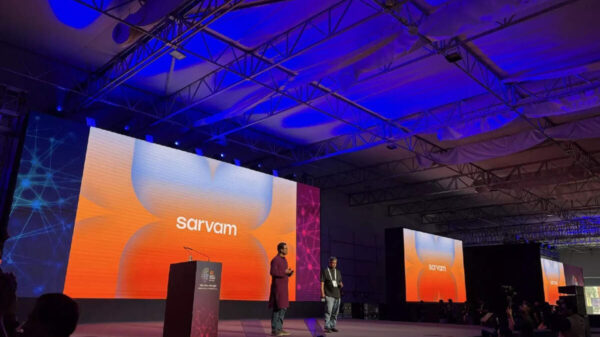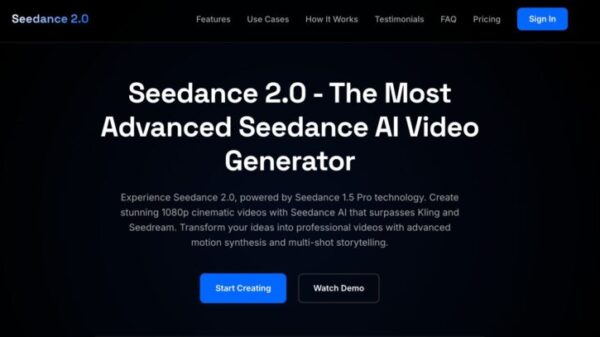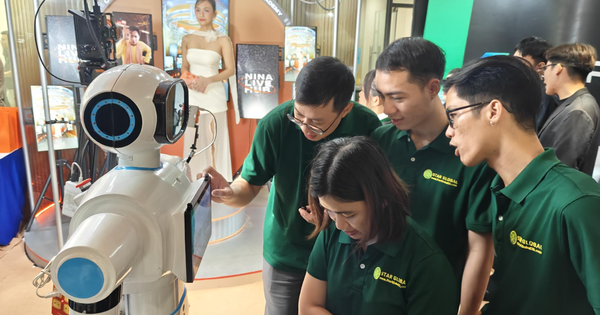In a significant leap for AI development, Z.ai, also known as Zhipu 智谱 AI, recently unveiled its new flagship model, GLM 4.5, a moment described by Nathan Lambert as reminiscent of a “DeepSeek moment.” This release positions Z.ai within the competitive landscape of Chinese AI models, highlighted by a strong focus on coding, role-playing capabilities, and adept translations of complex Chinese internet content.
Understanding Z.ai’s Unique Position in the AI Market
Z.ai’s Director of Product and genAI Strategy, Zixuan Li, emphasizes the company’s competitive edge in the Chinese AI landscape. Founded in 2019, Z.ai initially pursued Artificial General Intelligence (AGI) through graphical networks before shifting focus to large language models (LLMs) in 2020. The company launched its first paper on the GLM model in 2021, ahead of the launch of GPT-3.5, marking Z.ai as an early player in the LLM field.
The latest iterations, GLM 4.5 and GLM 4.6, showcase notable advancements in coding, reasoning, and agentic functionalities, allowing for enhanced user interaction and productivity. As Zixuan stated, their models have gained visibility through tools such as Cloud Code and KiloCode, leading to increased recognition in the global tech arena.
Collaboration and Talent Dynamics at Z.ai
Z.ai differentiates itself from other labs by fostering a collaborative internal culture, where various teams work towards a unified goal. Zixuan pointed out that both the pre-training and fine-tuning teams operate in close proximity to streamline the creation of their models. This efficiency is evident in the successful distillation of multiple models into the powerful GLM 4.5.
An interesting aspect of Z.ai’s workforce is its integration of PhD students who balance academic pursuits with their roles at the company. This blend of hands-on experience and research-driven insights contributes to the innovative environment at Z.ai, with team leaders actively partaking in research and development instead of delegating tasks, thus remaining responsive to fast-evolving trends.
Zixuan highlighted that the Chinese talent market is competitive, with larger companies like ByteDance and Alibaba attracting top talent due to financial incentives. In contrast, Z.ai seeks individuals who are passionate about driving innovation and sharing in the hardships and successes of a startup environment.
Embracing Open Source and Global Recognition
In recent years, an increasing number of Chinese AI companies have opted for open-source models as a means to gain international traction. Zixuan explained that open sourcing allows for greater acceptance by developers in the U.S. and other markets that might be hesitant to utilize proprietary APIs. The success of models like DeepSeek R1 has illustrated that open sourcing can enhance visibility while also generating business opportunities through API collaborations.
Z.ai recognizes the necessity of global acceptance as a means to foster collaboration with leading international researchers. The company is aware of the reciprocal nature of the tech ecosystem, where discussions led by figures such as Sam Altman and Andrej Karpathy often influence the perceptions and developments within Chinese tech circles.
This interest isn’t purely academic; it also reflects the practical need for Chinese enterprises to engage with global standards and expectations in AI technology. The company aims to balance its innovative efforts with business considerations, recognizing that a strong global presence can significantly impact its growth trajectory.
Addressing AI Fears and Future Directions
While Z.ai continues to push the envelope in AI capabilities, concerns regarding job displacement and AI ethics remain prevalent in the industry. Zixuan pointed out that while developers might harbor fears about AI replacing their roles, many users in other sectors view AI tools as enhancements rather than replacements.
Looking forward, Z.ai is exploring methodologies in on-policy reinforcement learning and multi-agent systems, aiming to advance the capabilities of its models and better manage context within AI interactions. The company’s ongoing commitment to innovation and adaptation reflects its understanding of the rapidly changing AI climate, ensuring it remains at the forefront of the technology landscape.
In summary, Z.ai, with its recent advancements in the GLM series, collaborative culture, and strategic embrace of open source, exemplifies a forward-thinking approach in the competitive AI landscape. With a clear vision for the future, Z.ai is poised to make significant contributions to the global AI community.
 Lumentum Achieves 58% Revenue Growth, Outpacing Palantir with Cheaper Valuation
Lumentum Achieves 58% Revenue Growth, Outpacing Palantir with Cheaper Valuation FTC Loses Antitrust Case Against Meta as Judge Defines Broader Social Media Market
FTC Loses Antitrust Case Against Meta as Judge Defines Broader Social Media Market Colorado Delays AI Regulation Implementation to 2026 Amid Industry Concerns
Colorado Delays AI Regulation Implementation to 2026 Amid Industry Concerns Google DeepMind Hires Aaron Saunders to Accelerate Robotics Development with Gemini AI
Google DeepMind Hires Aaron Saunders to Accelerate Robotics Development with Gemini AI LLMs Generate Self-Building Benchmarks, Achieving 66% Accuracy in 2025 Exams
LLMs Generate Self-Building Benchmarks, Achieving 66% Accuracy in 2025 Exams





































































